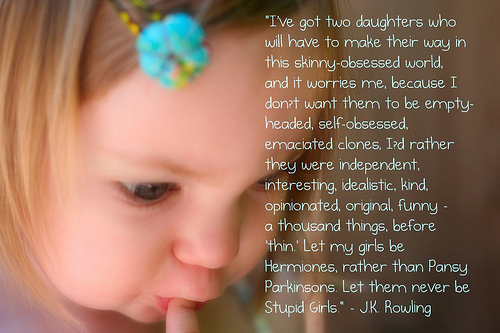On June 28th, Ed Miliband, the Leader of the Labour Party in the UK, made a speech to the Women in Advertising and Communications group in London. In it, he urged politicians, business leaders, advertisers, and editors that equality between all members of society was vital for the future success of the UK.
He laid out three “urgent issues” that need to be addressed by the whole of society:
- That we must “drive further and faster” towards creating equality between men and women at all levels of society, from shop workers to cabinet ministers;
- To become a more equal society, we must change the structures of society to enable equality to be achieved;
- And finally, to change the representation of women in culture, particularly in the media.
It’s not uncommon to hear people say that things are equal between the sexes now. Although it can’t be denied that things have much improved since suffragettes were chaining themselves to railings and generally causing havoc, hearing that the war has been won is immensely frustrating. Just because things are better doesn’t mean that they are perfect or that there is no reason to fight anymore.
In the current UK cabinet (the collective decision making body of the government) only 16% are women and these kinds of figures are found in many industries. Only 17% of FTSE 100 Directorships are held by woman; just 14% of senior judges and 5% of national newspaper editors are women.
Women are also more likely to be the carers for the elderly and disabled, as well as having primary responsibility for looking after children. Because of this, the swathing cuts to UK public services have disproportionately affected women: that cannot, surely, be seen as fair and equal.
Ed’s final point on the representation of women in the media is certainly a hot topic at the moment; he quotes an entry to the Everyday Sexism Project from a 15 year old girl:
I am 15 and I feel that girls my age are under pressure that boys of my age aren’t under … I always feel like if I don’t look a certain way, if boys don’t think I’m sexy or hot then I’ve failed and it doesn’t even matter if I am a doctor or writer, I’ll still feel like nothing….
I wish people would think about what pressures they are putting on everyone, not just teenage girls … I wish the people who had real power and control of the images and messages we get fed all day actually thought about what they did for once.
It can be hard to see how the ordinary person on the street, struggling in economic hardship and uncertain times can effect great change in society; it can be dispiriting to see how much work there still needs to be done to achieve true equality.
However, changing how women are represented in the media? That’s something we can all do. We can sign petitions calling for an end to soft-core pornography in a family newspaper, or we can add our voice to campaigns like Everyday Sexism and Miss Representation, which unite and empower women across the world. We can even just simply choose to show our young girls representation of women that are strong, clever and resourceful; let‚Äôs introduce them to Hermione Granger, and not Paris Hilton.
Although I am always weary of what politicians say, especially in speeches such as this, I do agree with the heart of Ed’s argument: that the battle for equality is ongoing and that it requires everyone, from all levels of society to work together to achieve it.
You can read Ed Miliband’s speech to Women in Advertising and Communication London here.
-Sarah Jackson
Junior Girl
Girl Museum Inc.

